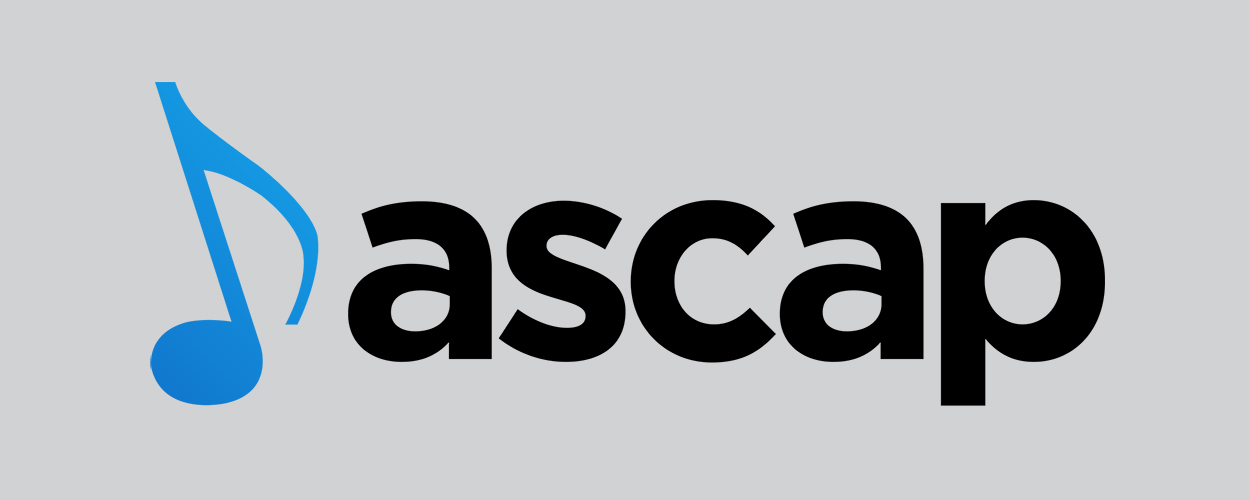This website uses cookies so that we can provide you with the best user experience possible. Cookie information is stored in your browser and performs functions such as recognising you when you return to our website and helping our team to understand which sections of the website you find most interesting and useful.
Business News Labels & Publishers Legal
ASCAP settles with Department Of Justice over exclusivity terms
By Chris Cooke | Published on Friday 13 May 2016

Your good mates over at ASCAP yesterday announced that the American performing rights organisation had reached a settlement with the US Department Of Justice over two concerns raised by the government agency regarding practices at the society. The settlement will see ASCAP make two changes to its operations and pay a fine of $1.75 million. So the drinks are on the DoJ.
Government officials claimed that ASCAP had violated the rules of the consent decree that governs the organisation by entering into exclusivity deals with about 150 of its members. In most other countries, when songwriters and publishers join a performing rights society, they give that organisation the exclusive right to represent the performing right elements of their copyrights.
In the US, where competition law struggles with the concept of collective licensing, the norm is that the PRO represents its members performing rights on a non-exclusive basis, meaning a licensee can circumvent the society and try to do a deal directly with a songwriter and/or publisher, if they so wish.
The DoJ said that ASCAP had added exclusivity terms to some of its deals with members since 2008, and that this contravened consent decree rules. “By blocking members’ ability to license their songs themselves, ASCAP undermined a critical protection of competition contained in the consent decree”, said the DoJ’s Renata B Hesse.
The society insisted that it had never enforced any exclusivity provisions in its members contracts, adding that they had now been removed and would not be included in future agreements. Despite its change in policy and paying the significant fine, ASCAP has not admitted to any wrongdoing as part of the settlement. So, that’s alright then.
The DoJ’s other concern was about the potential conflict of interest caused by the publishers who sit on the society’s board, who may be doing their own licensing deals with streaming companies and such like. Under the settlement, ASCAP is allowed to keep its current board structure – twelve songwriters and twelve publishers – but publisher board members will not participate in the approval of new licensing agreements.
Confirming the settlement, ASCAP CEO Elizabeth Matthews said: “Settling this matter was the right thing to do for our members. With these issues resolved, we continue our focus on leading the way towards a more efficient, effective and transparent music licensing system and advocating for key reforms to the laws that govern music creator compensation”.
ASCAP, of course, like its rival BMI, wants the aforementioned consent decrees rewritten to overcome various issues that have occurred since the rise of digital. In particular, giving publishers the right to pull their digital rights while continuing to license radio and other public performance via the collective licensing system, something which has basically happened with Anglo-American repertoire in Europe.





